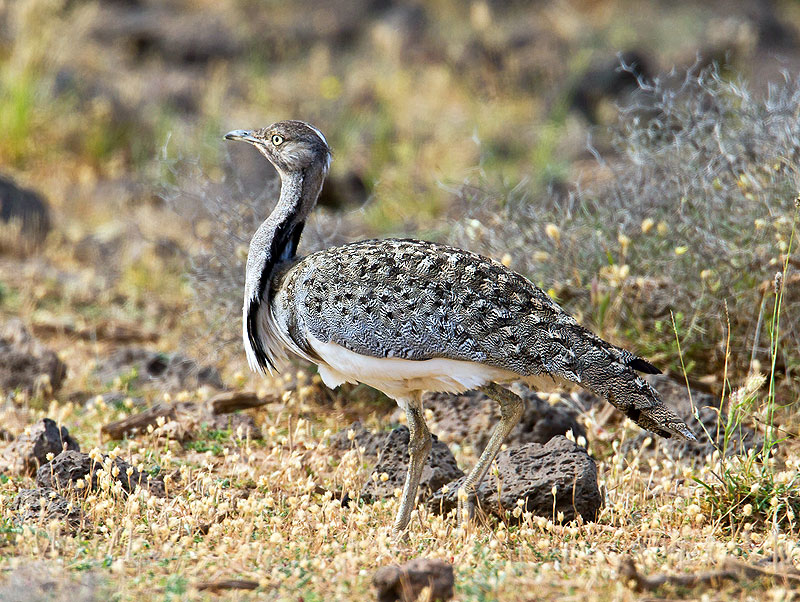The Office of The Biosphere Reserve, which coordinates the President of the Cabildo of Lanzarote, Pedro San Ginés, organizes this year two Scientific Coffees dedicated to the international year of the vegetables, 24 of November and 1 of December, both are expected to 19.00 hours in the cafeteria of the Cabildo of Lanzarote. The entrance is free.
The first, on November 24th: ‘Native Canary Islands Seeds, Fuerteventura and Lanzarote legumes’ will be led by agricultural engineers specialized in ancient Canary seed: Jaime Gil and Marta Peña.
The speakers are researchers of the Canary field, of their crops and of the oral tradition of their farmers, of the potatoes old, sweet potatoes and of others traditional crops. Proof of their trajectory is the book: ‘The traditional crops of the island of Lanzarote. The grains, diversity and ecology’, of which they are authors.
‘Birds and legumes’
The second Scientific Coffee is scheduled on Thursday, December 1st at 19.00 hours and also in the cafeteria of the Cabildo. On this occasion the central theme will be ‘Birds and vegetables’ and the paper of the moderator will be the member of the Group of steppe birds of the International Union for Conservation of Nature (IUCN), Joachim Hellmich.
This German researcher has devoted 16 years to investigate the Houbara Bustard or Canarian Bustard and his work has made it possible to locate 141 territories of reproduction.
The hubaras, already included in the category ‘endangered species’, within the Spanish catalogue of endangered species, have been declared by the Canarian Parliament as one of the symbolic species of the island.
Due to the difficulty of make a follow-up of these large birds, Hellmich developed a new methodology of control and monitoring of the species based in the location of the places where the males woo to the females.
The main conclusion is that Fuerteventura is hosting the largest and most important population of this subspecies. The hubaras tend to choose very quiet places, with a good state of conservation environmental, because they are very sensitive to the alterations of their habitat.
After the Conference, it will be develop a talk/colloquium to share doubts and enrich of that mode the scientific coffee with the contributions of the speakers and attendees.

